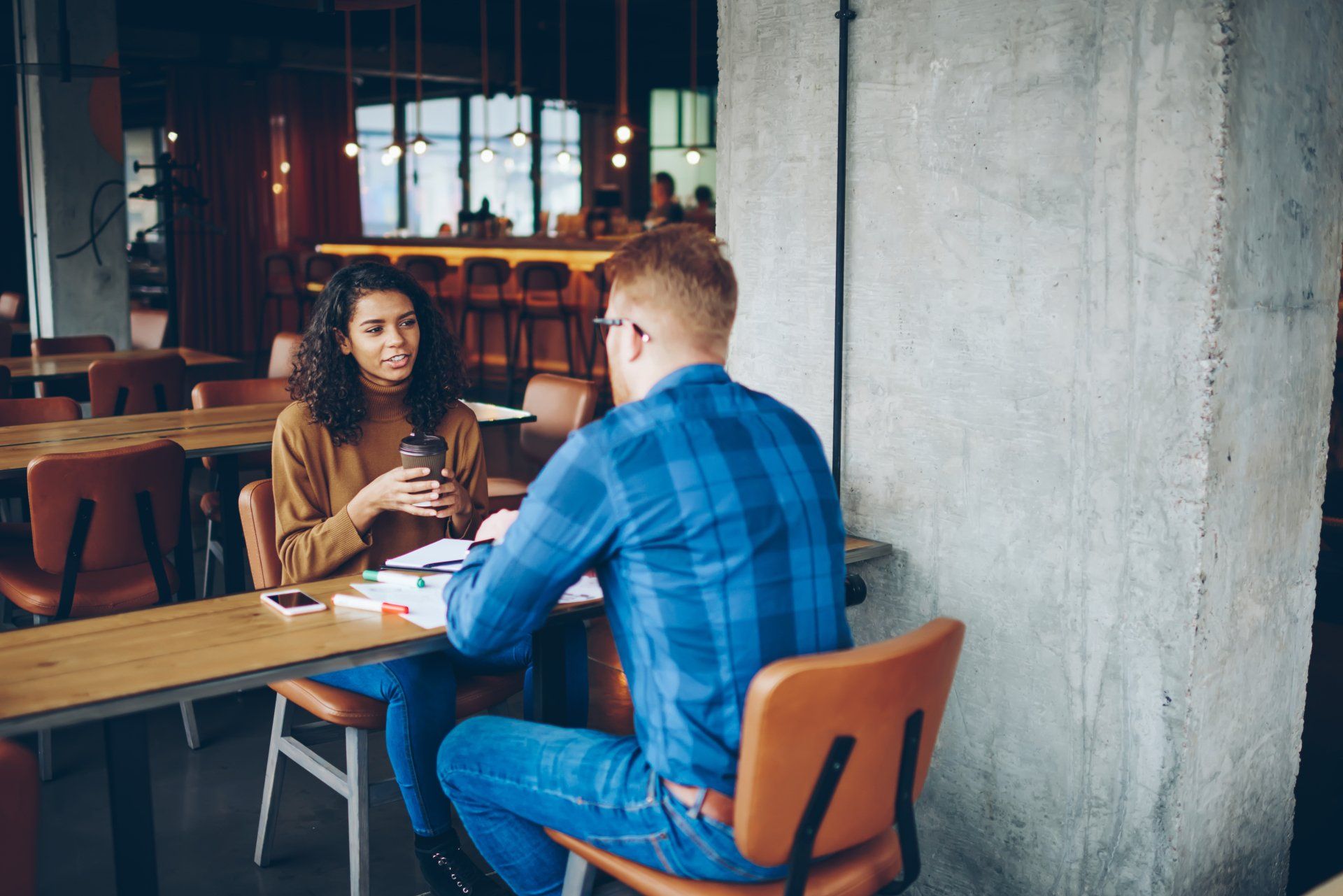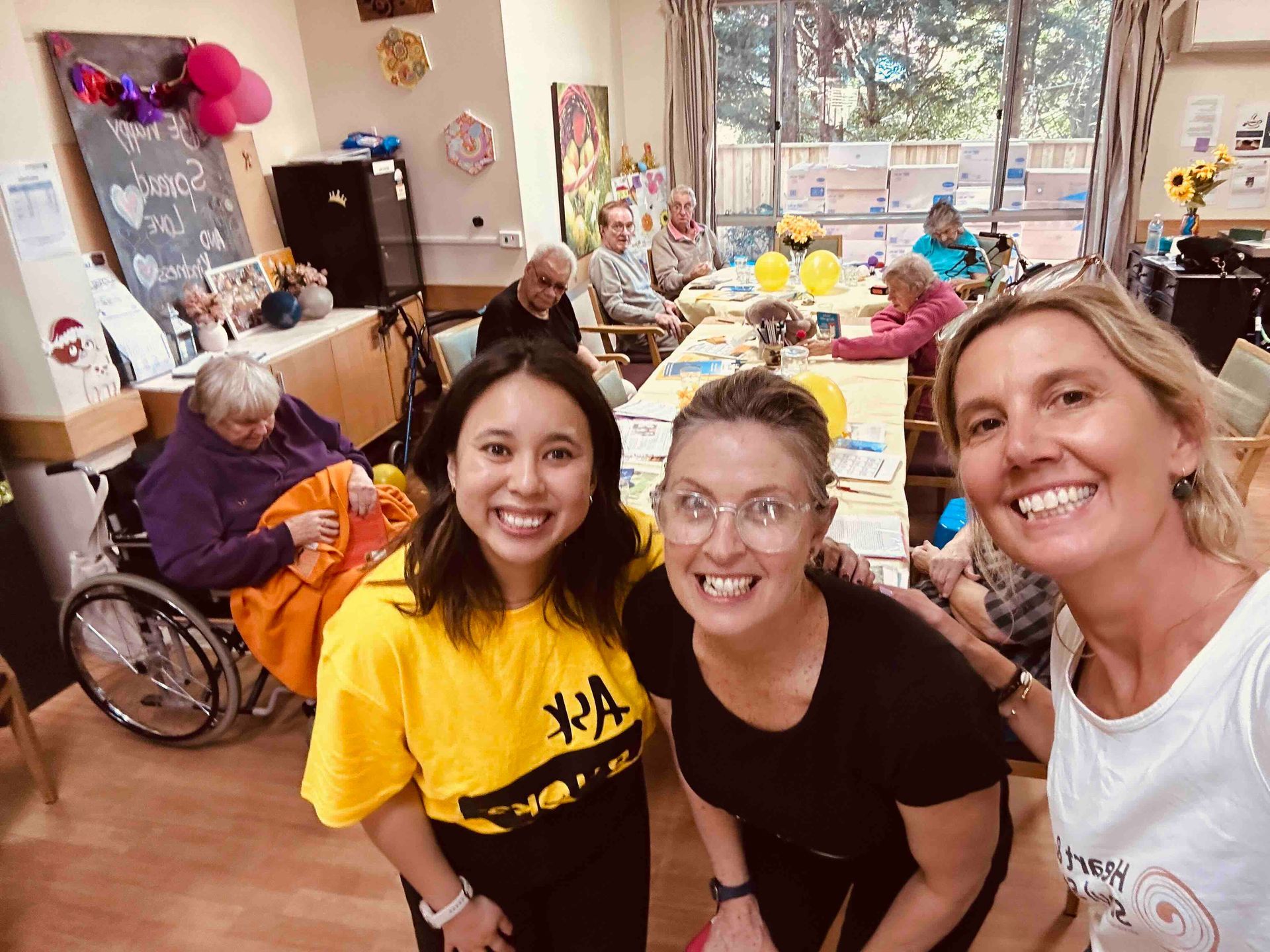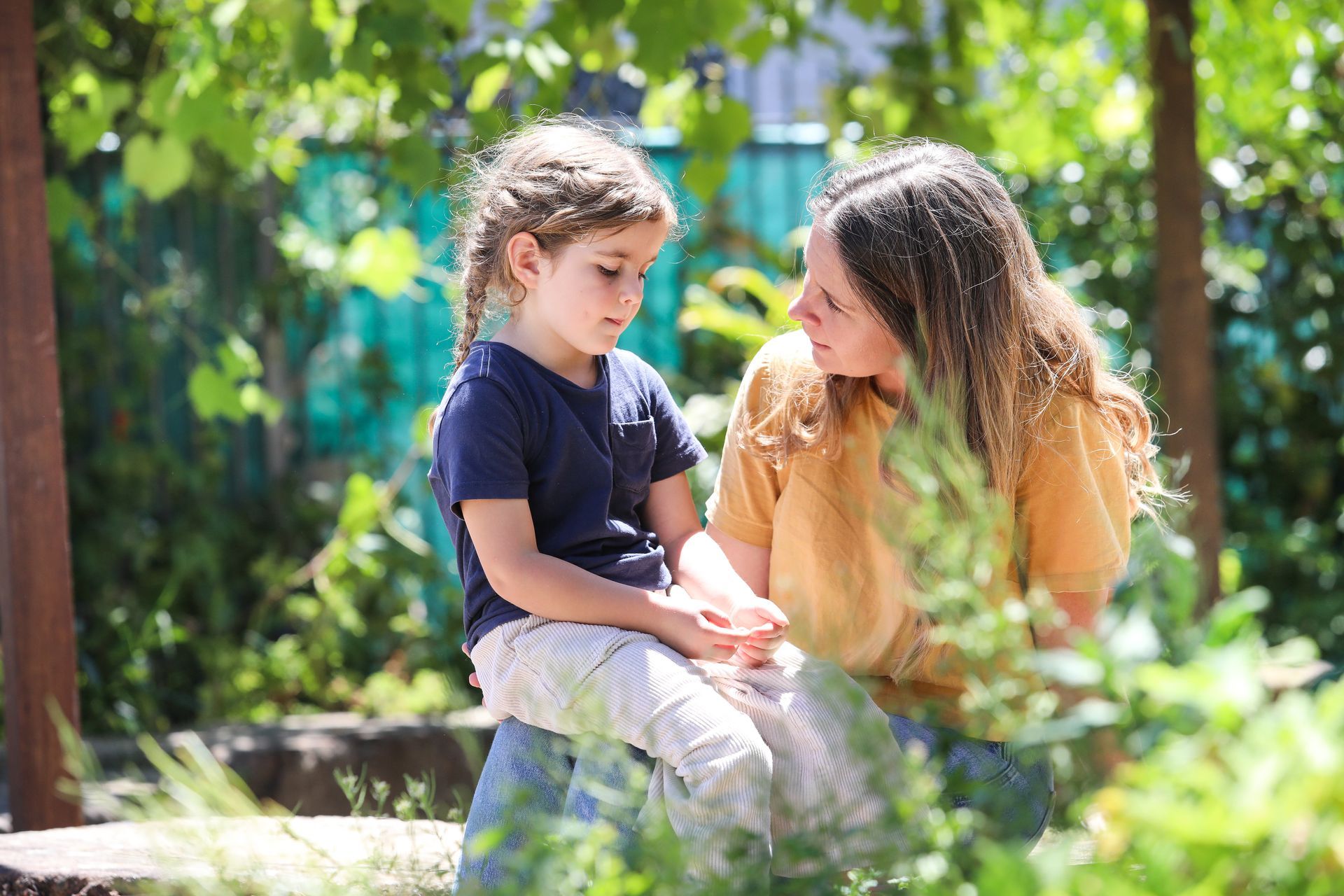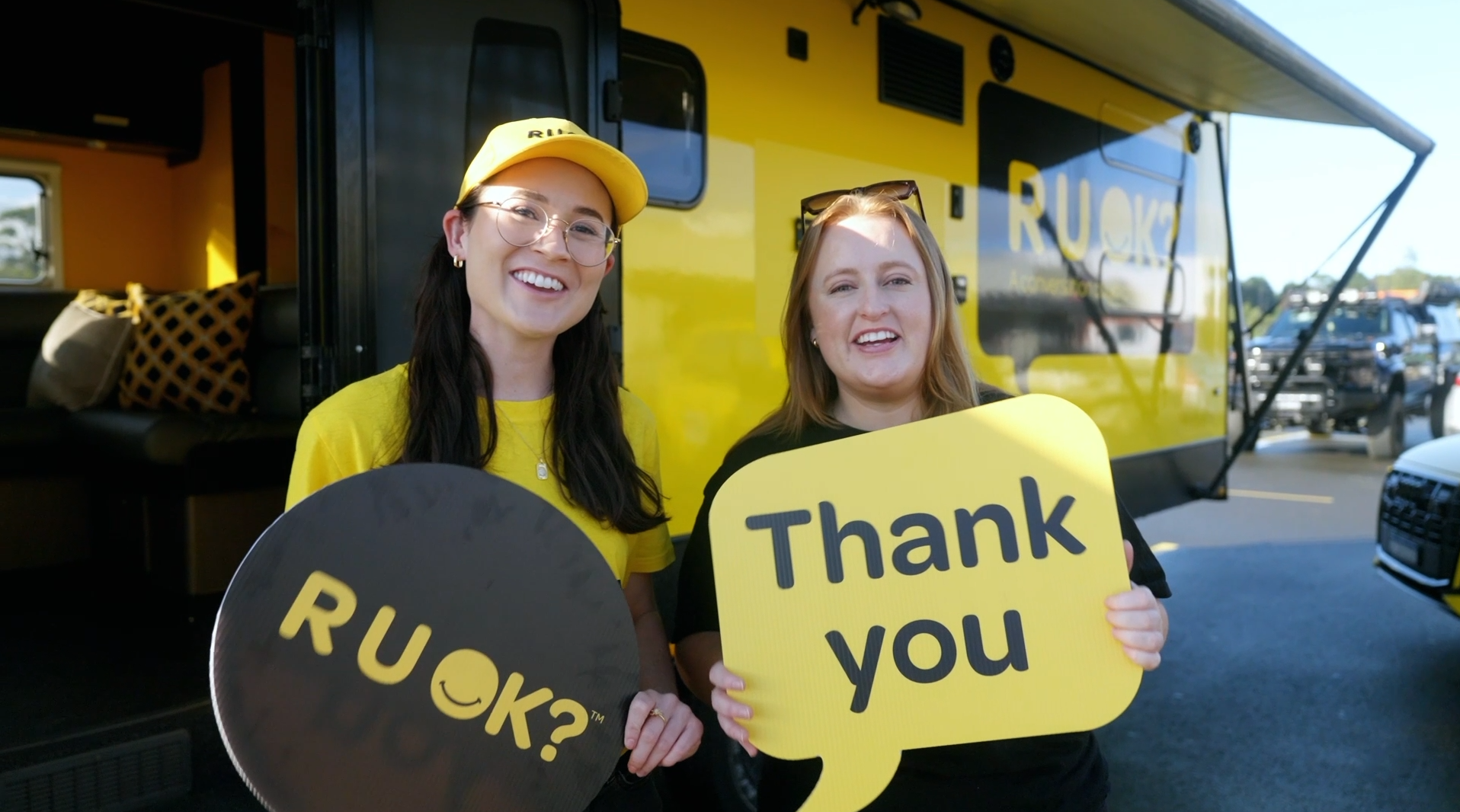Anxiety around lockdowns lifting is normal. Here's how you can look after your mental health and support others
If you or people you know are feeling anxious about the idea of returning to school, work, or meeting face-to-face again, you're certainly not alone. It’s entirely normal.

With New South Wales re-opening this week and Victoria and the ACT set to follow, many people are feeling uncertain about the lifting of lockdowns, a return to in-person socialising and yet another major change to our daily lives.
R U OK? spoke to Everymind Director, Dr Jaelea Skehan OAM, about why it's normal to feel this way, how we can manage our own stress and support others who may be feeling the same.
Jaelea, why are some people feeling nervous about lockdowns lifting, is this normal?
Absolutely it is. I'm sure many people are probably thinking that they're the only one experiencing these feelings and are worried while others are posting online how excited they are. But that's not the case. Most of us will be faced with re-learning how to work in an office with others, be comfortable among a crowd, and just talk to people again. Avoidance is one of the strongest drivers of social anxiety. The more we've been held back from socialising and avoiding face-to-face contact, the more anxiety-provoking it can be when we're asked to start engaging with those behaviours again. All of us, to some degree, are going to feel some worries or nervousness about going back into those environments. It may be even more challenging for people living with anxiety, as anxiety can be exacerbated through periods of change, including opening back up. Also, many of us have been quite concerned about the catching and spreading of COVID-19. Just because lockdowns have been lifted, it doesn't mean that some of those worries and anxiety about COVID itself is going to go away.
How can we support someone who is experiencing this anxiety?
The R U OK? message is such an important one, because we know a conversation can make a real difference in helping someone feel less alone and more supported through change. By reaching out to others and asking them how they are, and offering support, we can help make them feel better about how they are feeling and their situation. Following the R U OK? Four Steps can be really helpful. Listen to people's concerns because they will be different for everyone. Don't assume the things you're worried about are the things that somebody else might be worried about, so take the time to really listen. Encourage them to take action. Whether that's engaging with some tips about how they might manage stress while they're transitioning back to previous routines, or it might also mean joining a group chat with others to talk through how they are feeling or accessing some professional support. And keep checking back in. Be a good friend, colleague, family member and listen to what people have to say and make time to check back in, particularly if you’re concerned about somebody.

What about some wellbeing strategies we can adopt and encourage others to try?
Give yourself and others time to adjust to the transition, take it one step at a time. Perhaps start with meeting one friend one-on-one and building up, rather than going straight from lockdown into a group party. Another tip is to try and stay in the present. We can often be really worried about things that might happen in the future, rather than things that are happening right now. Try as much as possible to stay in the moment, what our current worries are and what we might be able to do about them.
All things that are good for our mental health and wellbeing are going to be particularly important for us to add in as we adjust to change. That includes regular exercise, treating sleep like a superpower, doing things we enjoy and connecting with others, whether that's online or face-to-face. The final thing is to reach out and seek support early. A lot of mental health services have online chats and tips on reintegrating back into society and navigating social situations again. So feel free to reach out to these services over the phone but also some of the group chats and online tips on what has worked for other people.
A lot of people have enjoyed doing things online? Does that have to end?
If people have found online interactions positive then there's no reason just because we're opening up that they need to be lost. Consider how to transfer the positives of online environments to face-to-face interactions. Some people really enjoyed the opportunity to have a weekly family or friends video-call catch-up. Thinking about moving that to perhaps a catch up in the park, or even alternating it, one week online, one week face-to-face.
Do you have any tips on how people can set boundaries around seeing people and doing things?
Some people are going to be worried about losing some of the ability to say no, that we got during the pandemic. Remember, it's okay to say no. Consider asking questions like, ‘how many people might be at this gathering you're inviting me to?’, or ‘would there be ways of me catching up with you in a fortnight rather than this week?’. Be open with others and negotiate what you will feel comfortable doing without putting undue pressure on yourself.
People might also be anxious about returning to work or worried about their colleagues. What should they do?
One of the things I encourage people to do is to talk to their workplace about returning to the office and what it might look like for them. Also, let people know what you're concerned about and whether there are hybrid options for some work from the office/on site and some work from home. Be compassionate towards others. Regardless of who people are in the workplace or who people are in your social life, everyone's going to be adjusting, so we should give people the same level of consideration that we hope that they will do to us.
If you or someone you know needs some extra support, visit our directory of national support and services here. For support at any time of day or night, call Lifeline on 13 11 14.
Find more conversation tips here.





















